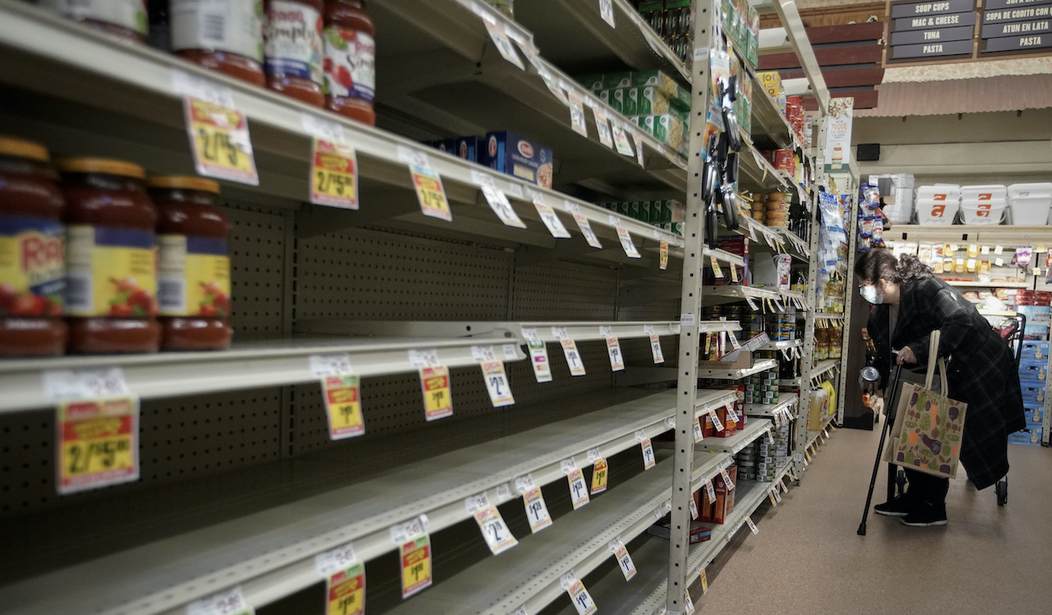The Federal Motor Carrier Safety Administration (FMCSA) on Friday temporarily rolled back regulations placed on truck drivers as a means of speeding up the delivery of essential goods to Americans across the country.
People have been purchasing essential goods, like food, water, and paper goods, at an unprecedented rate as a result of the Wuhan coronavirus. Because of that, the FMCSA suspended a trucking safety law that mandated drivers are on the road for only 11 hours in a 14-hour work period, Business Insider reported. They are then required to be off for 10 hours. The law was originally put into place in 1938.
Under FMCSA's emergency declaration, the following loads are exempt from the hours of service law (via Business Insider):
- Medical supplies and equipment related to the testing, diagnosis, and treatment of COVID-19
- Supplies and equipment necessary for community safety, sanitation, and prevention of community transmission of COVID-19 such as masks, gloves, hand sanitizer, soap, and disinfectants
- Food for emergency restocking of stores
- Equipment, supplies, and persons necessary to establish and manage temporary housing, quarantine, and isolation facilities related to COVID-19
- Persons designated by Federal, State or local authorities for medical, isolation, or quarantine purposes
- Persons necessary to provide other medical or emergency services, the supply of which may be affected by the COVID-19 response
Recommended
Since the Wuhan coronavirus outbreak began, there has been an upward tick in purchasing. Just since March 7th the increase across the board included:
- A 228 percent increase in the purchase of hand sanitizer.
- Medications for colds, coughs and the flu spiked to 198 percent.
- Toilet paper jumped 186 percent.
- Canned foods rose to 69 percent
- Gloves and masks jumped 817 percent.
According to the America Trucking Associations, this kind of change will be vital during the outbreak.
"Waivers of this type are a common response by FMCSA to natural disasters and crises because trucks delivering food, fuel and medicine are a critical part of the response," America Trucking Associations spokesperson Sean McNally said in a statement to Business Insider. "This waiver will help keep loads of medicine, supplies and food moving as the country manages this current pandemic."

























Join the conversation as a VIP Member